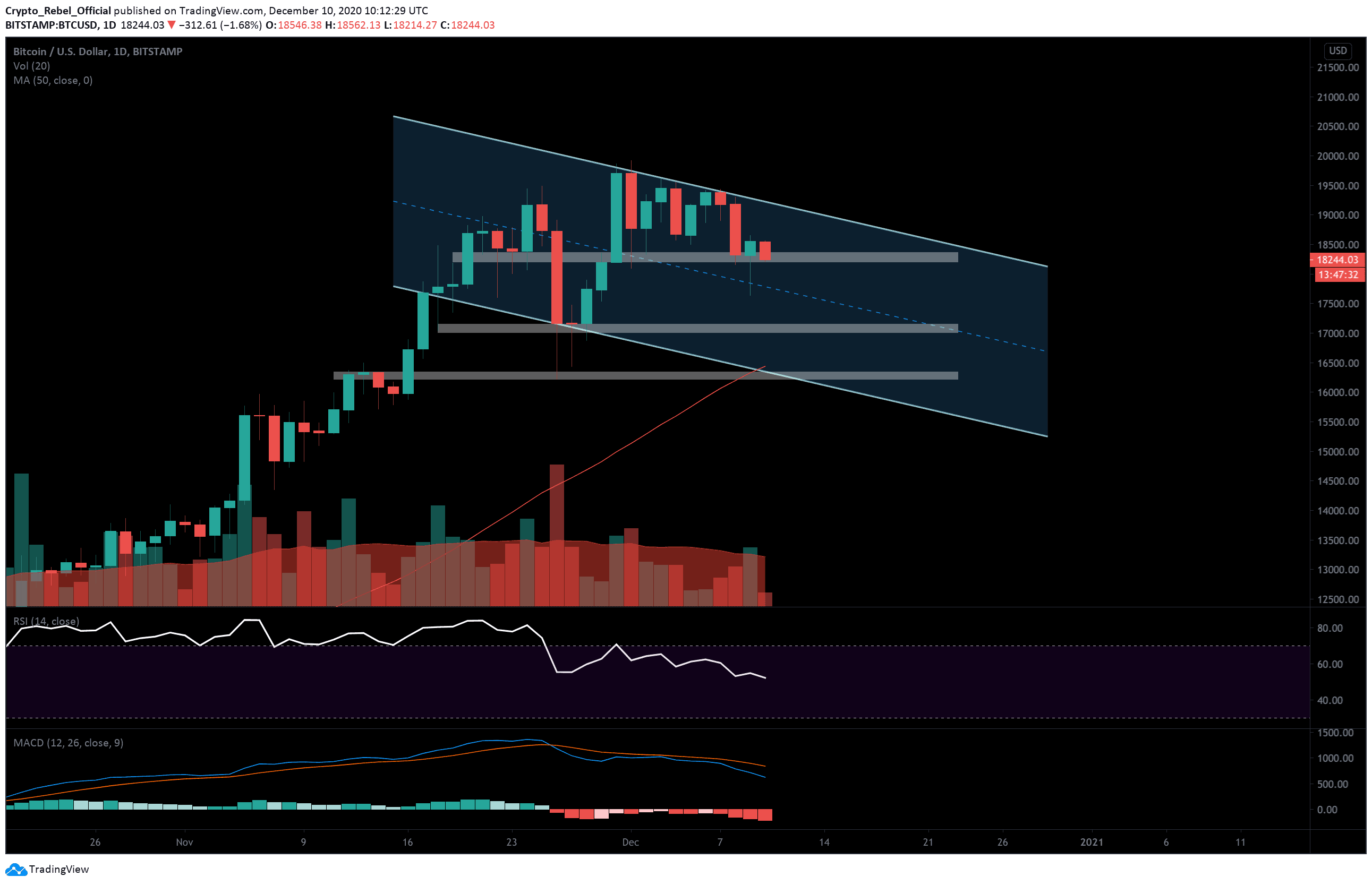UK Financial Authority Says Young People Are Investing in Crypto for Fun
The U.K. Financial Conduct Authority (FCA) noted that there has been a rising interest in cryptocurrencies from the younger generation, especially among women under age 40.
The regulator said that most of these investors could not withstand the heavy losses associated with this form of investment.
Young People Invest In Crypto For The “Thrills”
Per the report, the FCA said its study showed that young people mostly delve into crypto investments because of the thrill and idea of owning a stake in the companies they invest in.
Also, young people consider crypto investments as some sort of competition over the conventional motive behind investing, which is majorly about securing one’s future.
Notably, social media tips and news were pinpointed as the major source of information driving the investor class, as the authorities fear that people may be misled into buying high-risk products.
“We are worried that some investors are being tempted – often through online adverts or high-pressure sales tactics – into buying higher-risk products that are very unlikely to be suitable for them,” Sheldon Mills, the FCA’s executive director for consumer and competition, said.

The FCA Reiterates Its Warning
This is not the first time the UK financial watchdog has spoken against crypto investments and their associated risks.
In January this year, the FCA warned that investors delving into crypto should be prepared to lose all their money, as they believe the form of investment comes with a significant amount of risk.
The FCA, alongside other global financial authorities, is concerned about the rising interest in cryptocurrencies in recent times.
Increasing Interest In Crypto
The watchdog noted that it would flag off a campaign by next week Tuesday to sensitize investors about the risks associated with high return investments and the key questions consumers should ask before investing.
Although retail investors have been actively involved in crypto since 2017, the amount surged tremendously last year during the peak of the coronavirus (COVID-19) pandemic, the period when governments imposed lockdowns.
Also, people are losing faith in traditional financial institutions, with beliefs circulating that existing financial policies were designed to keep people from excelling.








